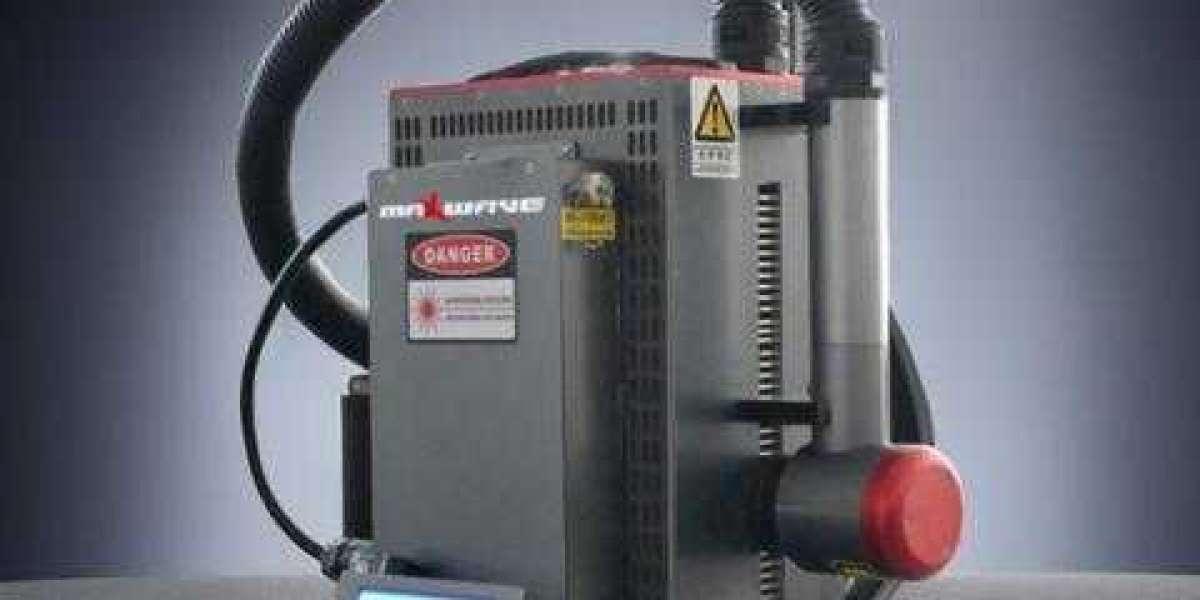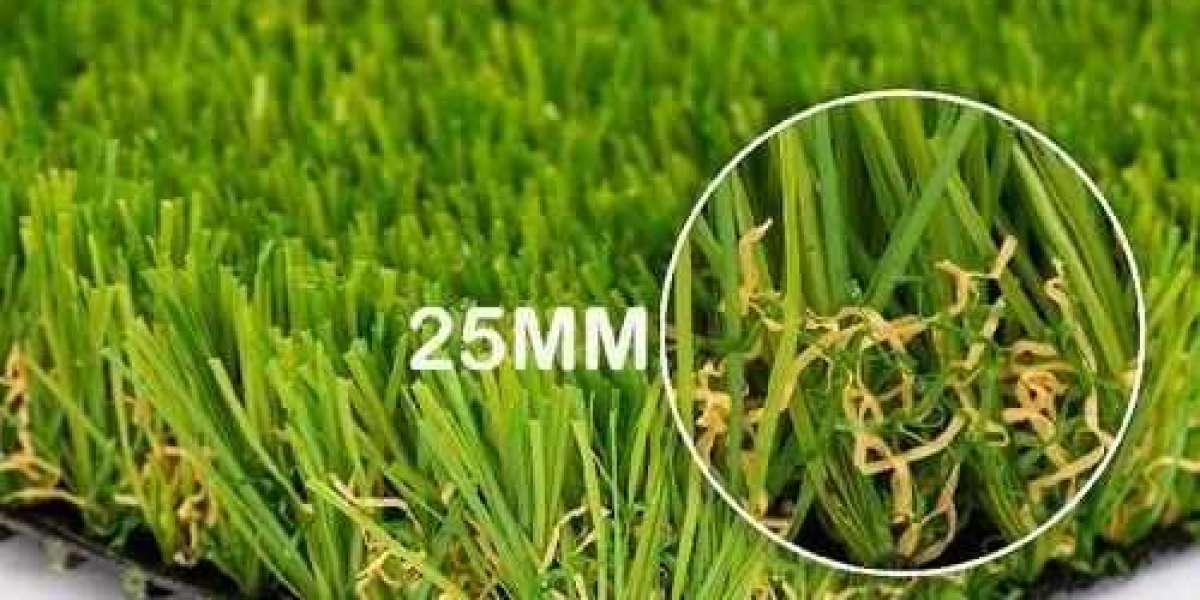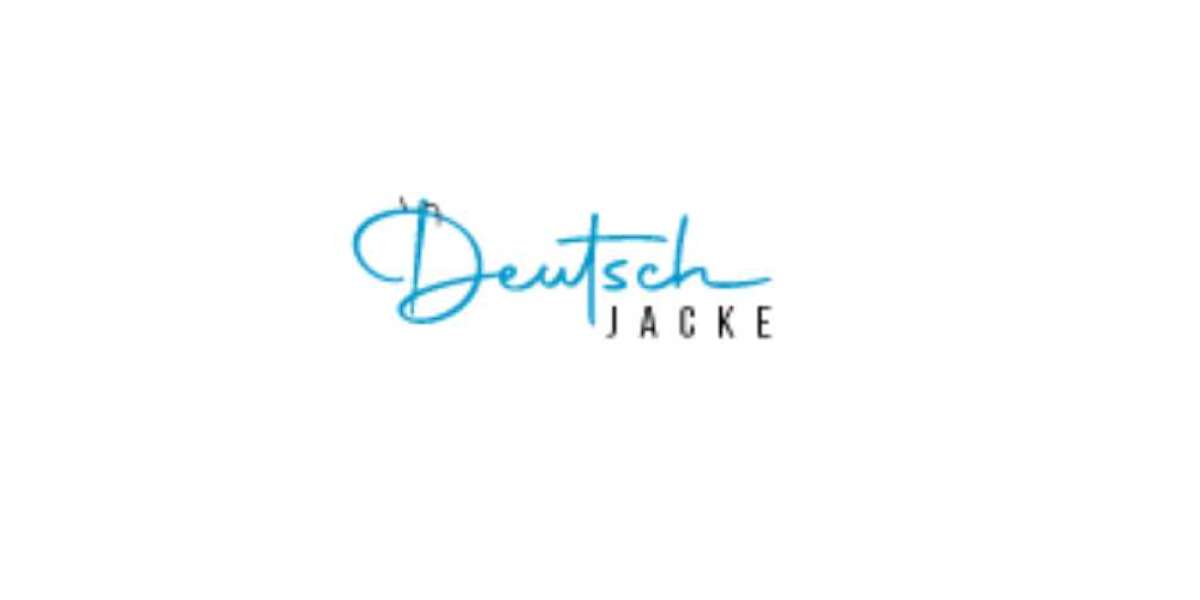In the realm of industrial cleaning, precision, efficiency, and sustainability are paramount. Conventional cleaning methods often fall short, requiring extensive labor, harsh chemicals, and generating waste. However, a groundbreaking solution has emerged – laser cleaners. Let's delve into the transformative capabilities of laser cleaner technology and its potential to revolutionize industrial cleaning processes.
Unveiling Laser Cleaners:
Laser cleaners are cutting-edge tools that utilize focused laser beams to remove contaminants, coatings, and surface layers from various materials. Unlike traditional cleaning methods that rely on abrasive techniques or chemical agents, laser cleaning offers a non-contact and environmentally friendly approach. By precisely targeting the desired area, laser cleaners ensure thorough cleaning without damaging the substrate.
The Advantages of Laser Cleaning:
- Precision: Laser cleaners provide unparalleled precision, allowing for selective removal of contaminants while preserving the integrity of the underlying material.
- Efficiency: Laser cleaning is significantly faster than conventional methods, reducing cleaning times and increasing productivity.
- Environmentally Friendly: With no chemicals or abrasive materials involved, laser cleaning produces minimal waste and harmful emissions, making it an eco-friendly option.
- Safety: Laser cleaners eliminate the need for manual labor and hazardous chemicals, improving workplace safety and reducing health risks for workers.
- Versatility: From metal surfaces to delicate artifacts, laser cleaners can be used on a wide range of materials and applications, offering versatility across industries.
Applications of Laser Cleaning Technology:
- Manufacturing: Laser cleaning is widely used in manufacturing facilities for removing rust, paint, and coatings from metal parts and equipment, ensuring optimal performance and quality.
- Automotive: In the automotive industry, laser cleaning is employed for surface preparation before welding, painting, or coating applications, enhancing adhesion and finish quality.
- Historical Restoration: Museums and conservationists utilize laser cleaning to gently remove dirt, grime, and pollutants from historical artifacts and artworks without causing damage.
- Aerospace: Laser cleaning plays a crucial role in aerospace maintenance, facilitating the removal of contaminants and coatings from aircraft components, ensuring safety and reliability.
- Construction: Laser cleaning is used in construction projects for surface preparation, cleaning concrete, stone, and brick surfaces before sealing or painting.
The Future of Industrial Cleaning:
As industries continue to prioritize efficiency and sustainability, laser cleaning technology is poised to become the future of industrial cleaning. With its precision, speed, and eco-friendly benefits, laser cleaners offer a revolutionary approach to maintaining clean and pristine surfaces across various sectors.
Conclusion:
In conclusion, laser cleaners represent a paradigm shift in industrial cleaning, offering precision, efficiency, and sustainability unmatched by conventional methods. As industries embrace the transformative capabilities of laser cleaning technology, they can achieve higher standards of cleanliness while minimizing environmental impact and maximizing productivity.



